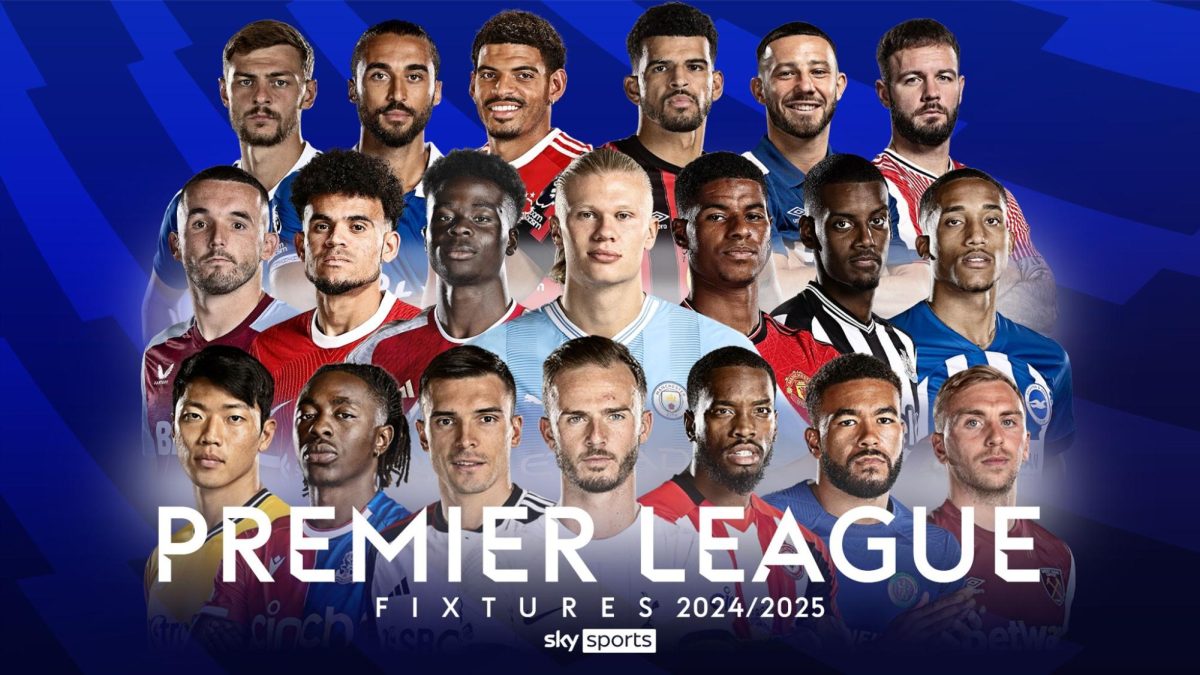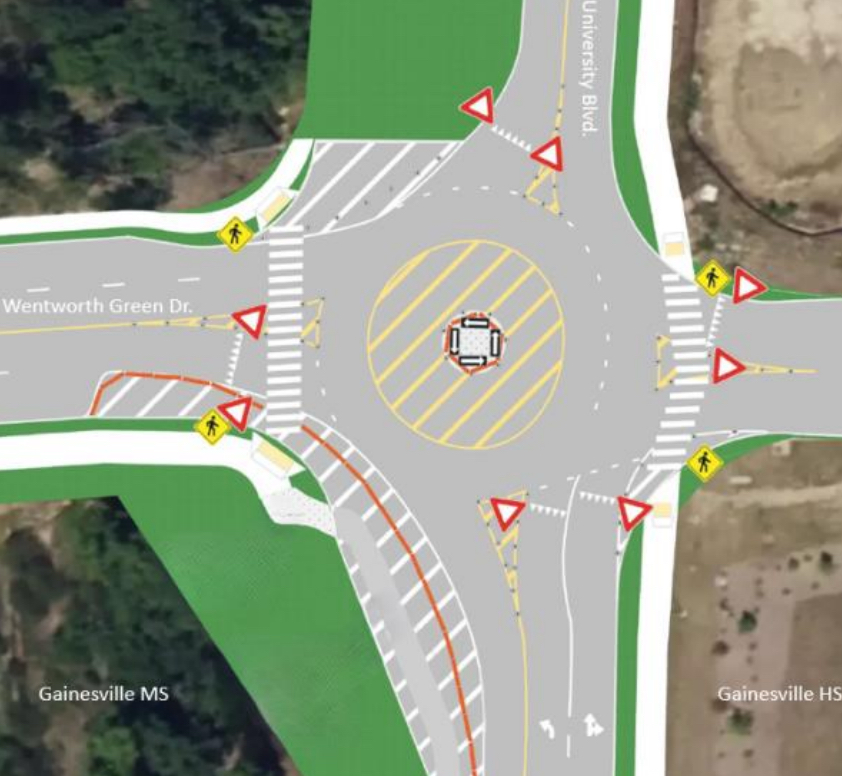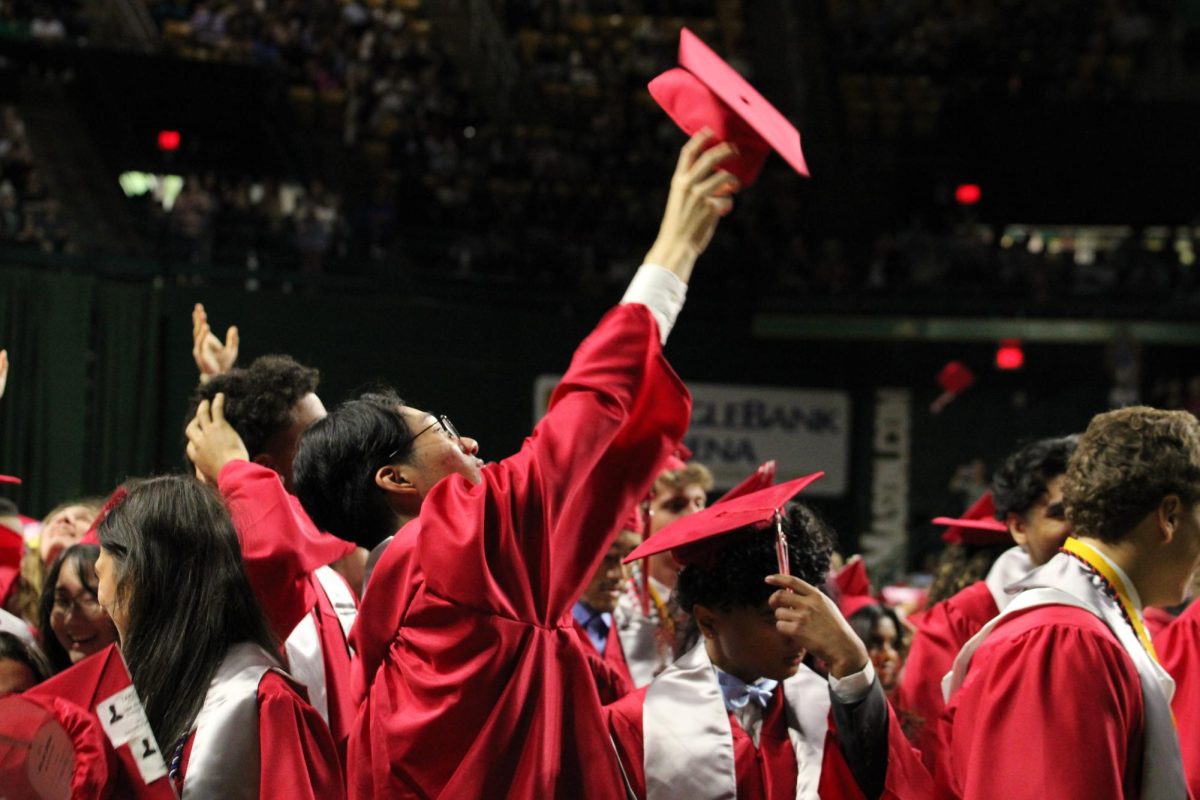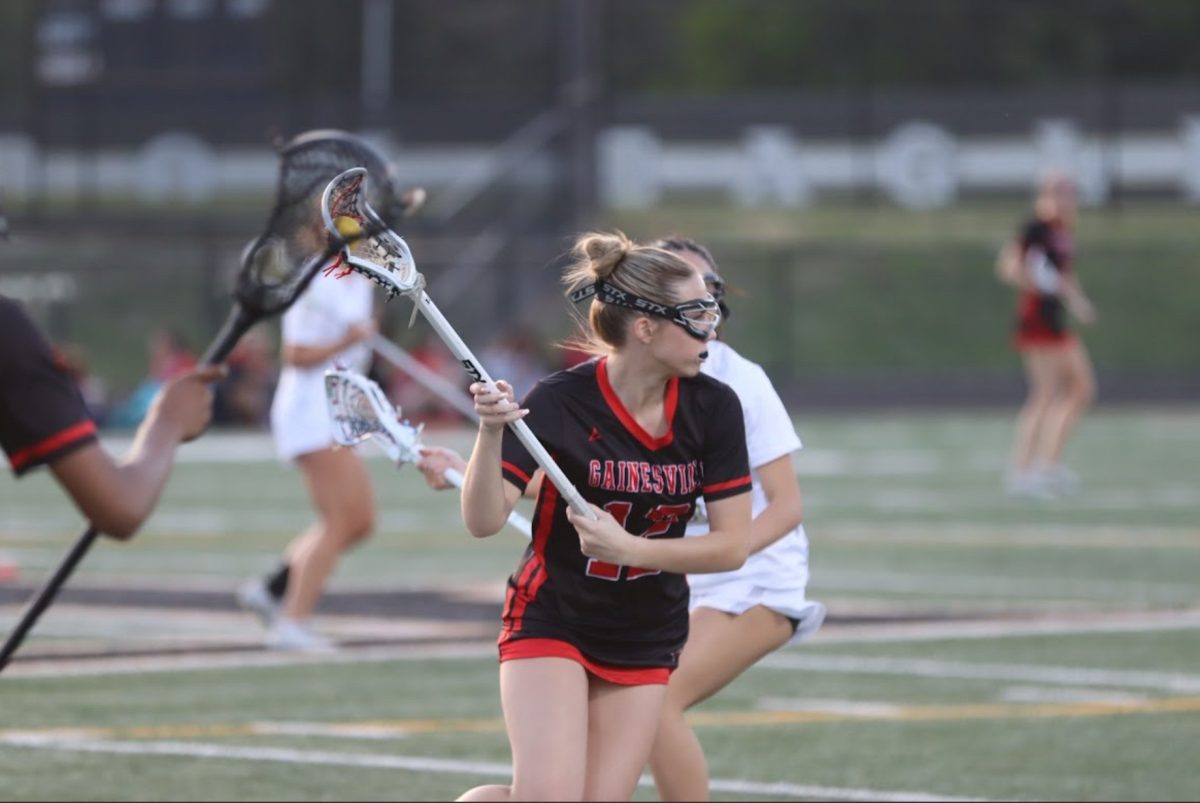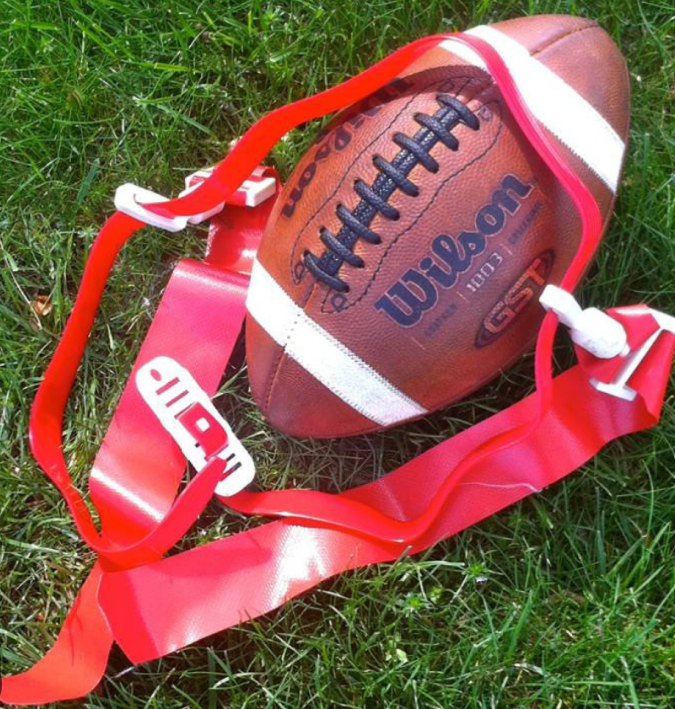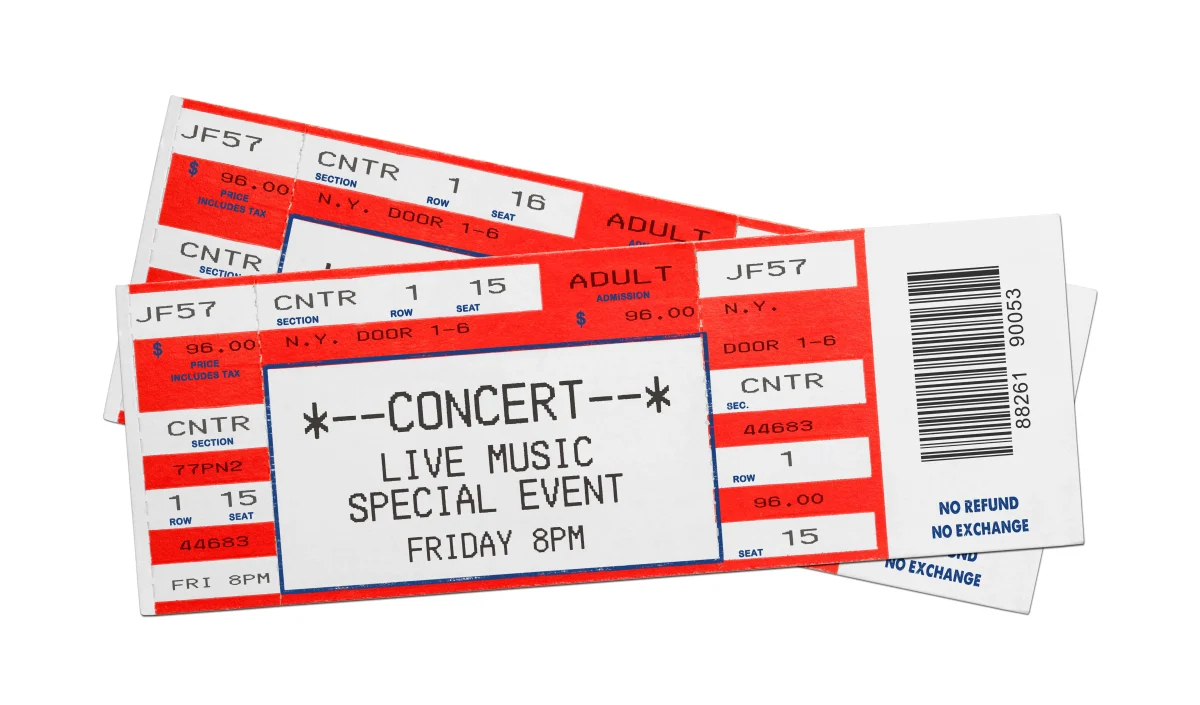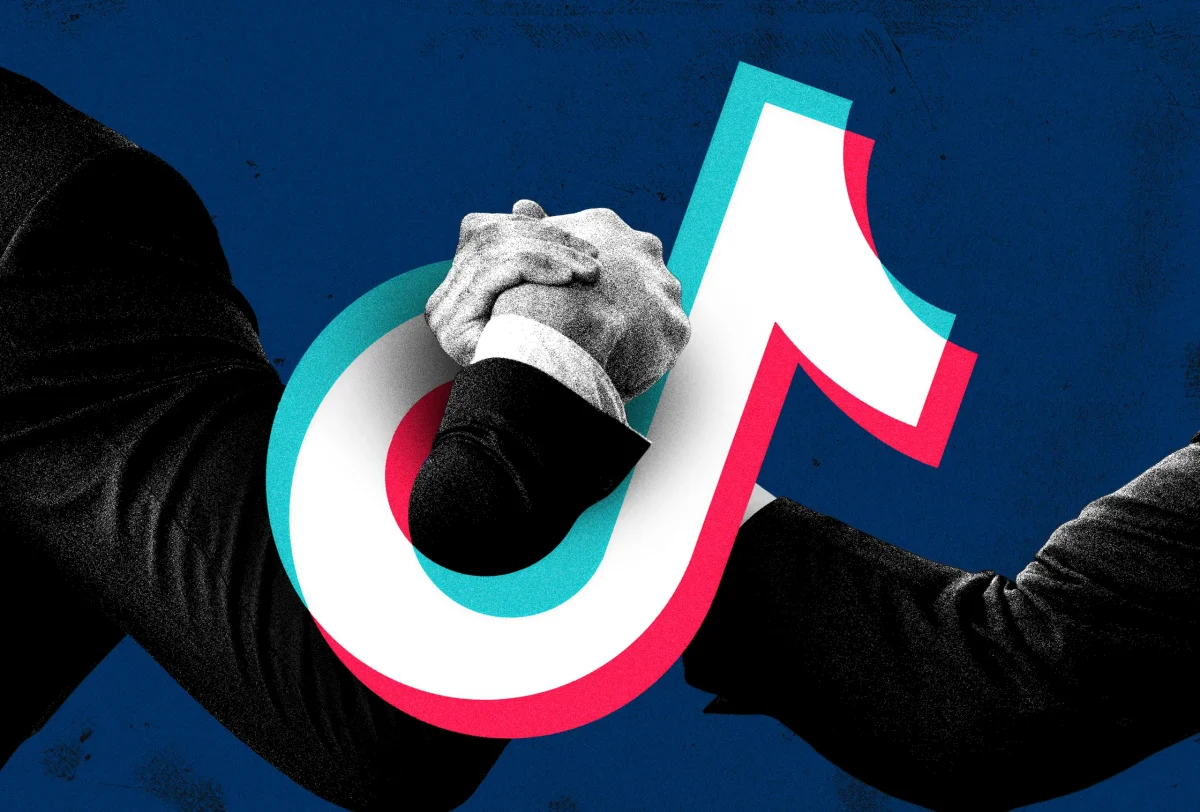In a student’s day-to-day life, they’ll come across many instances of influence and have decisions weighed on by the input or reactions of those around you. Many students find themselves driven to gain the acceptance of their peers and meet their expectations in school. Is peer pressuring a bad thing?
Peer pressure has a massive impact on students, with many wanting to find a way to fit in and please others. Sometimes, students may enact their own will, compelling students to be like them or listen to them. Peer pressure can change the way you act, speak, dress, or even how you perceive yourself. Students attempting to establish a new friend group or enter a new social environment may be prone to influence.
Peer pressure is often associated with topics such as bullying and drug use. It makes risky behavior or use of substances much more appealing due to a fear of exclusion from those taking part. Certain norms are set in a student’s mind, which could cause a formation of regular dishonesty, warped expectations, and a shifted set of values and ideals.
Though it may be negatively associated, peer pressure isn’t exclusively bad. Positive peer pressure can encourage the setting of goals and pathways for growth. It can serve as a form of positive reinforcement and a network for acceptance amongst students. This system of support acts as a push for improvement in students.
Academically, positive peer pressure can serve a student as a push to be better, improving their methods and motivation for learning in a healthy manner. In extracurriculars, positive peer pressure can push students to be better by developing their skill and grow their talents in a healthy competitive manner.
There is no definitive right or wrong to peer pressure, however there are ways to resist peer pressure as a whole. Keeping a strong set of beliefs and values and holding them against the ideals of others. Make sure to put yourself into your thoughts, considering how you feel, and not how others see you. It’s always okay to say no.




